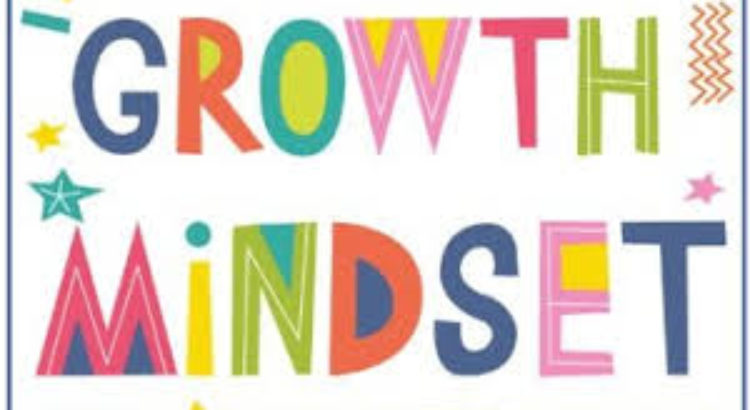By: Maureen Downey.
Settled academic practices often get reborn with new names
Rick Diguette is a local writer and college professor. In this guest column, Diguette discusses the recycling of educational concepts.
About 30 years ago, social psychologist Carol Dweck and a team of researchers began to study how students respond to failure. Based on her research, she coined the term “growth mindset,” which speaks to the idea that academic ability and intelligence can be developed with positive reinforcement, thereby increasing student motivation and achievement.
Dweck’s book, Mindset: the New Psychology of Success, was a best seller when first published in 2006. Her findings have since convinced many educators that how students think about themselves as learners is just as important as the grades they earn, their standardized test scores, and class rankings.
The opposite of a growth mindset, according to Dr. Dweck, is a “fixed mindset.” Fixed mindset students think success is dictated by their innate abilities. They tend to give up when encountering an obstacle, having decided beforehand they will never succeed at overcoming their inadequacies. Worst of all, students laboring under this mindset typically end up in a Catch-22 situation: lest others judge them harshly, they seek to hide the academic inadequacies that define them as students.
The discovery that we need to think we can succeed if we stand any chance of achieving success isn’t exactly groundbreaking. Two millennia ago the Greek philosopher Epictetus noticed that the way people think about what happens is more important than what actually happens. And it was none other than Shakespeare’s Prince Hamlet who observed, circa 1602, that “there is nothing either good or bad, but thinking makes it so.”
Nevertheless, since 2006 growth mindset strategies have become a commonplace in elementary and secondary school curriculum.
I recently became aware that growth mindset has now made its way to the precincts of higher education via the University System of Georgia’s Gateway to Completion (G2C) initiative. And a bulletin board on the Georgia State University campus where I teach first-year composition is dedicated to growth mindset mantras like “Mistakes help me improve.” and “I’ll keep trying!”
This reminded me of the well- known children’s story involving a little engine that successfully draws a long train of cars up a steep grade, all the while chanting “I think I can. I think I can. I think I can.” Once the little engine crests the hill, the chant becomes “I thought I could. I thought I could. I thought I could.” The moral of the story is that optimism coupled with effort will lead to success, which I’m sure you will agree sounds a lot like growth mindset.
However, this in turn reminded me of Chance the gardener in Jerzy Kosinski’s ferociously black comedy “Being There,” whose every statement―no matter how certifiably unremarkable―is considered visionary in import.
Although there is no question educators should be willing to embrace innovation, a fairly unremarkable concept like growth mindset tends to be too readily accepted as almost revelatory.
What typically happens next is that it gains currency and is quickly added to an already long list of familiar buzzwords like Differentiated Instruction, Student Progress Monitoring, Flipped Classrooms, and 21st Century Skills―one and all new ways of naming settled academic practices.
Most people like me, who actually spend time in the college classroom, are aware that just because a lesson or activity worked well one semester doesn’t mean it will continue to do so in perpetuity. That’s why when it comes to the needs of our students, we must be vigilant, flexible, and open to new ideas that may lead to improved learning outcomes as well as improved retention and graduation rates.
What we don’t need is a new buzzword handed down from on high by the University System of Georgia.
Source of the article: https://www.ajc.com/blog/get-schooled/opinion-education-abuzz-with-buzzwords/X2Lmei4LP67Ne1RcT1lW5I/






 Users Today : 58
Users Today : 58 Total Users : 35459524
Total Users : 35459524 Views Today : 86
Views Today : 86 Total views : 3417844
Total views : 3417844